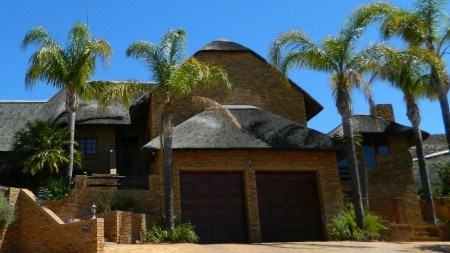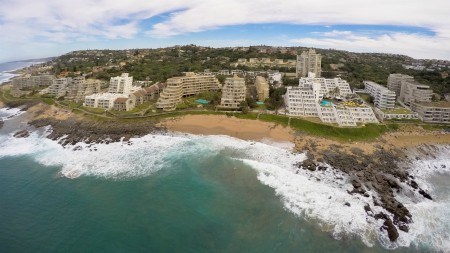Although the economy and property market is showing improvement, it is still all about the buyers as we wait for the positive sentiment to translate into a meaningful increase in sales and prices, says Samuel Seeff, chairman of the Seeff Property Group.
While sentiment is on the up and up, consumers have had to absorb the effects of VAT and other indirect tax increases, recent petrol price hikes and land reform uncertainty.
Sellers will therefore need to continue keeping an eye on market conditions which affect selling including how long it takes to sell and the prices that buyers are prepared to pay. Important too, says Seeff, is to know whether there is an over or under-supply of buyers.
While ABSA and FNB property barometers point to improvement ahead, they still tell the story of a flat market which largely favours buyers, says Seeff. Recovery is usually first felt in the primary urban Gauteng (Johannesburg/Pretoria) areas and thereafter in the coastal and other inland metros. This seems to be what we are beginning to see from the latest property market data.
On the upside, the banks are granting more home loans and with the recent interest rate drop, it is a good time to buy property, says Seeff. While 12 weeks to sell characterises a healthy market, sellers should note that the current average still sits at just over 14 weeks. Gauteng areas such as Johannesburg and Ekurhuleni are doing well at around 12-15 weeks and 11 weeks for Pretoria. Cape Town is at around 15 weeks, but longer for upper end areas, says Seeff. Durban (Ethekwini) and Port Elizabeth (Nelson Mandela Bay) still lags notably at 21-22 weeks.
Over 90% of all sellers still need to drop their price to conclude a sale while house prices remain under pressure, says Seeff. According to FNB, the national house price growth is down to just 2.6% for the first quarter, from 5% at the end of last year. The Western Cape in particular faced the double challenge of a decline in semigration buying and the water crisis which has had a drastic downward effect with price growth slowing to just 1.5%.
Overall, the lower and middle income price bands to R1.2m continue to show good growth of around 5% at the R1.2m price mark, marginally up from the end of last year. Luxury area prices (R2m-R3m) have slowed slightly to 4.9% (from 5.2%) while super luxury areas such as the Atlantic Seaboard is down to 2.6% average growth.
Although secondary home buying is expected to improve, it is still at around 13% (from 20% in the pre-2007/8 boom period). Foreign buying, also mooted for an uptick, still sits at just over 4% of all residential buying with even buying from the African continent down due to weaker economic conditions on the continent. Expat buying remains low at 1.5% of all buying.
The upside to this, is that it is a great time to buy, especially if it is your primary residential property, says Seeff.
We remain upbeat about the year ahead and the sentiment and economic improvements filtering through and are encouraged by the steps taken by President Cyril Ramaphosa such as the new foreign investment drive which economists predict could be a major boost for economic growth.
The property market is a factor of the economy and we usually see a lag in improvement. That said, if you are looking to buy or invest in property, you would not want to leave it too late, because once the market takes off so too will the prices, concludes Seeff.




